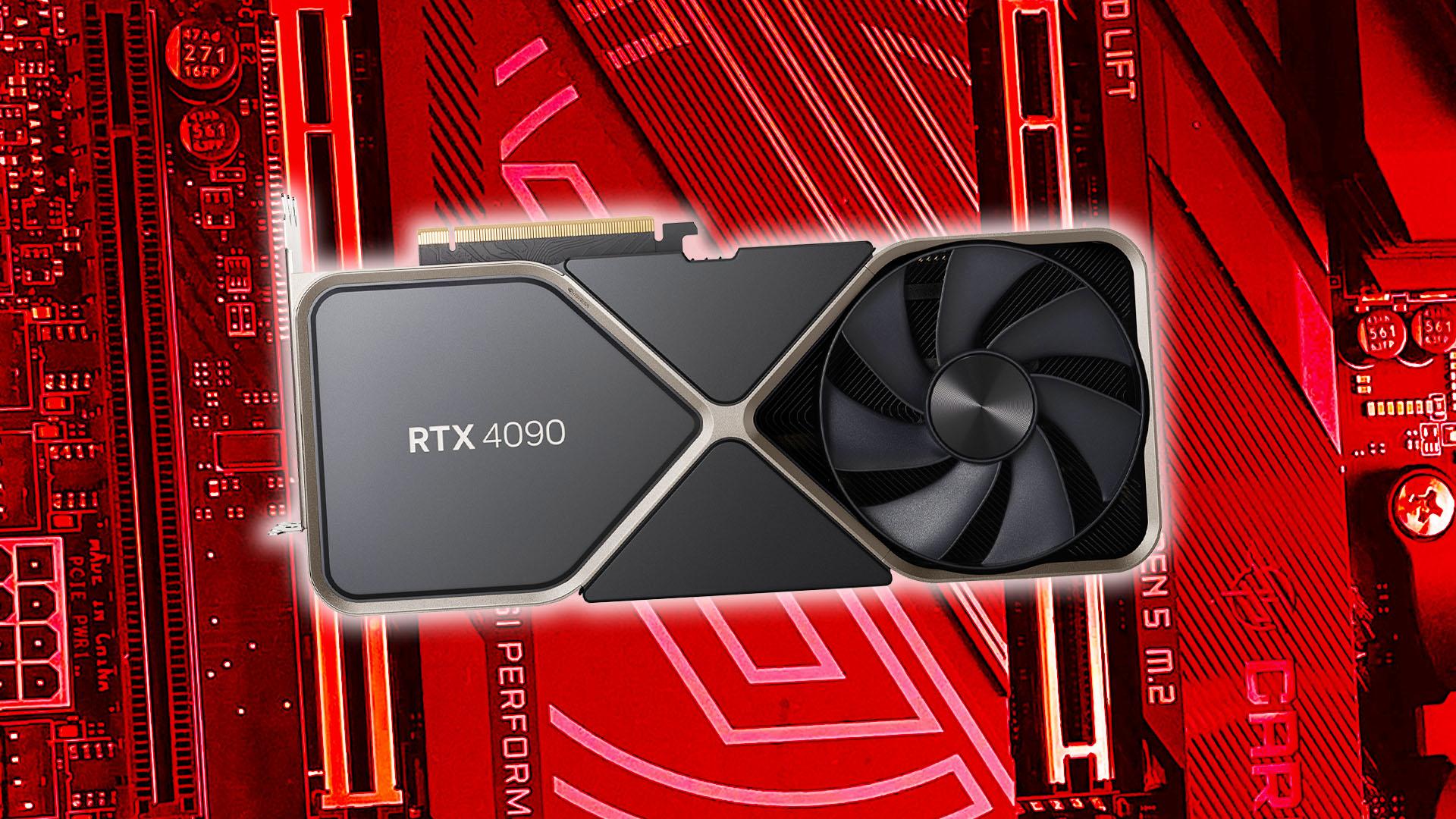
Even though gaming PCs have yet to make the leap to the new PCIe 6.0 interface, work is already underway on not just PCIe 7.0, but now also PCIe 8.0, which looks set to put current PC interfaces to shame. A 16x PCIe 8.0 slot will offer an enormous 1TB/s of bidirectional bandwidth, according to the PCI Special Interest Group (PCI-SIG). To put that figure into perspective, a 16x PCIe 4.0 interface, as used by the Nvidia GeForce RTX 4090, peaks at 64GB/s, which is just 1/16 of the bandwidth of PCIe 8.0.
It's going to be a long time before we see any of the Nvidia gaming GPUs on our best graphics card buying guide sporting high-speed PCIe 8.0 interfaces, of course, but the performance potential here is immense. In fact, even a basic, single-lane PCIe 8.0 slot would offer as much bandwidth as a 16x PCIe 4.0 slot. Not only that, but a 4x PCIe 8.0 connector, which could be used for an M.2 SSD slot, would offer a peak of 256GB/s of bandwidth, meaning we could be looking at SSDs that can read at 120GB/s in the future, if you can find big enough heatsinks for them, naturally.
Given that the latest PC gaming hardware doesn't even use PCIe 6.0 yet, no one at PCI-SIG is talking about gaming products using the new interface yet. Let's face it, not even the mighty Nvidia GeForce RTX 5090 is saturating the 16x PCIe 5.0 interface yet. Instead, PCI-SIG is discussing PCIe 8.0 in relation to AI, quantum computing, and edge computing, citing hyperscale data centers and military/aerospace as markets that can benefit from it.
Even these industries will be waiting a while for the first PCIe 8.0 products, as PCI-SIG says the spec won't be released until 2028. Even then, it will be several years again before PCIe 8.0 makes it into gaming PCs - the bandwidth demands simply aren't anywhere close to that level of performance in games yet.
PCI-SIG also says it's "reviewing new connector technology" to support PCIe 8.0, and that the new interface will continue to maintain backward compatibility with devices based on older PCIe generations. I still can't get over that 1TB/s bandwidth figure, though. I'm still amazed that you can get 1TB/s of memory bandwidth from some of the latest GPUs, thanks to super-wide interfaces and incredibly fast memory, but the idea that you could get the same bandwidth from a motherboard slot is frankly ridiculous.
In the meantime, PCIe 5.0 is plenty fast enough for any gamer's needs, so check out our guide to buying the best gaming motherboard if you're thinking of upgrading, as well as our best gaming SSD guide, which includes several of the latest super-fast PCIe 5.0 drives.
You can also follow us on Google News for daily PC games news, reviews, and guides. We also have a vibrant community Discord server, where you can chat about this story with members of the team and fellow readers.



